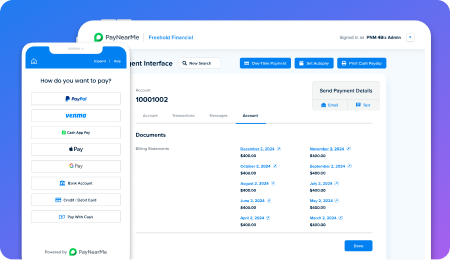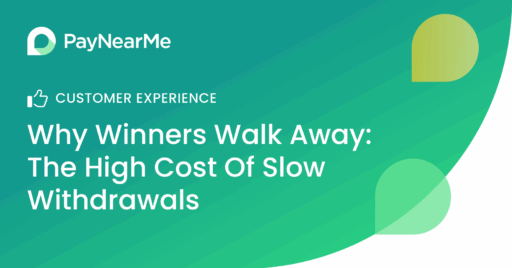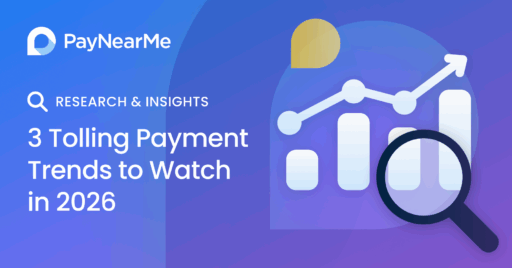Our Anti-Money Laundering Philosophy
As a company that offers cash payment options to consumers for a wide variety of goods and services, PayNearMe is in a unique position to help those consumers solve the real problem of lack of purchasing access.
Unbanked and underbanked consumers in particular can and should be able to make payments for anything using cash, from bus tickets to loan installments to rent. The PayNearMe Network was designed from the start to make that experience as immediate as—and safer than—other methods of payment.
For example, using PayNearMe, cash-only consumers can make utility payments in person any time of day at a 7-Eleven store close to them, instead of taking time away from their workday to make a payment in person at the central office. The biller is immediately notified of the payment and the consumer receives a receipt, minimizing the risk of service interruption when compared to other payment methods. As a company, we take very seriously how important these capabilities are to consumers, and we work every day to earn their trust.
We also take very seriously the need to earn the trust of the financial system itself. Given the inherent risks of accepting cash payments, we work very hard to identify potential areas of fraud, money laundering, consumer abuse, and other related financial crimes.
From PayNearMe’s inception, we have worked closely with experts in the financial crimes arena to build prevention practices and controls into our operations and systems. To that end, we adhere to the following core principles in evaluating our merchant customers:
Is our merchant customer operating a legitimate, established, and verifiable business that offers goods and services to consumers?
Are any of the principals operating the business applying to use PayNearMe precluded from doing business in the United States or from using the US financial system?
Prior to moving any funds to the merchant, can we verify that the account(s) provided are truly under the control of the merchant with whom we have a contract, and that we are not unwittingly moving monies to a third party?
Is there a record of the merchant customer engaging with its consumers irresponsibly, deceptively or unfairly?
Only after we have confirmed each of these principles to our reasonable satisfaction using a variety of tools and practices will we allow a merchant to continue to process transactions through the PayNearMe system. Moreover, because no tools and practices are foolproof, we routinely review merchant status with these goals in mind.
In addition to these initial steps onboarding our merchant customers, we also employ various tools to evaluate payment attempts to ensure each is consistent with normal and expected payments for the good or service at that time and over time.
For example, each payment must be below a certain maximum amount adjustable for the type of good or service offered by that merchant. Payments for rent allow for different maximum payment amounts than do payments for monthly utility charges. And, the number of payments expected in a month for a tenant paying rent should be different than the number of expected purchases of a single consumer paying for bus tickets or closed-loop gift cards.
Our system allows for these parameters to be configured and enforced at the time of payment, and, we hope, will enhance the level of trust consumers, merchants, and all participants in the financial system place in PayNearMe.
We also fully appreciate that preventing financial crimes involves constant education, refinement, and application of new best practices. The Compliance team at PayNearMe will continue to participate in industry conferences regularly and continue to work closely with regulators and the law enforcement community.
We’re committed to active involvement because we want to do all we can to keep bad actors out of the financial system while providing the best possible access for deserving consumers to ever-greater economic possibilities. In support of that, we always encourage fellow partners in the fight against financial crime to contact us and exchange ideas. We’re all in this together, and the system is stronger when we support one another.



